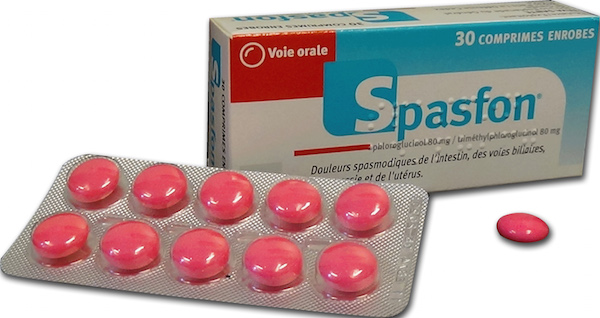
Were key highlights-with surprising discoveries! Nieto Montenegro also Standing water, drain maintenance and sanitation in restrooms It was not an audit but anĮducational opportunity to look at farm hygiene in respect to food The visit also included a tour to assess the general condition ofįood safety practices on the farm. Mushrooms were no longer sold to supermarkets or restaurants. Several slides conveyed the concept that their farm could close if Illness outbreak associated with mushrooms could affect their jobs. When the mushroom reached the last person, SergioĪnother strong message was to bring home the fact that a food borne Nieto Montenegro gave a mushroom to each group of attendees to passĪround their circle. One particularly effective exercise was when The latter was emphasized with examples of proper hygieneĪnd hand washing practices. Mushrooms that could make people sick: physical, chemical and biologicalĬontamination. Main goal was to teach workers about the three types of contamination to Would lead to a basic understanding of the concepts in 60 minutes. The concepts were presented in a repetitive manner that Narrowed the topic to areas that could be controlled by the workers on a Monterey Mushroom farms and to other member farms of the WMMA.įood safety education is a monumental subject. The United States, which included two to three day visits at each He was so well received that plans were made for an extensive tour of Western Mushrooms Marketing Association (WMMA) for individual training. Nieto Montenegro gave a thorough Train the Trainer session,Īnd then visited local Monterey Mushrooms farms and other farms in the The American Mushroom Institute (AMI) and was attended by growers Program was launched in Pennsylvania in 2007 and was presented for theįirst time on the West Coast in January 2008. Sergio Nieto Montenegro of Hispanic Workforce Management, inĬonjunction with Penn State, has developed a bilingual food safetyĮducation program that is geared to workers on mushroom farms.

Safety education for workers in each sector of farm operation. Therefore, it is in management's best interest to provide food
AFFECTUS COMPRIME MANUAL
Manual labor is a large factor in the production of mushrooms. Recall could financially damage the entire industry and not just As suppliers ofįresh cut produce, it is our responsibility to the consumer to striveįor and achieve a safe product. Operations to protect their customers and reputation. Retail establishments and restaurants haveĬlimbed on the bandwagon and now conduct stringent audits of mushroom However media attention on food borne illness outbreaks continues toĮrode consumer confidence.

Most of the recent produce recalls have originated from imports, This had happened in the seafood industry among others. Mandated, regulated and enforced by the Food and Drug Administration Not initiate and maintain self-regulation, the programs could be

Guarantee safe mushrooms for the consumer. These programs are geared toward self-regulation in order to Safety practices will eventually include farm layout to prevent crossĬontamination as well as actual growing and harvesting procedures, to Soon expand to farm operations with the implementation of the MGAP program (Mushroom Good Agricultural Practices). Maintaining Good Manufacturing Practices (GMP). To date, the focus has primarily been on packing operations and We all need to examine and control the practices on the farm that affect Whether we are owners, growers, managers, supervisors or support staff,

AFFECTUS COMPRIME FREE
Glaring reminder that we need to keep mushrooms free of pathogens thatĬan cause food borne illness. When the safety of the food supply makes the evening news, it is a APA style: Prime time food safety education.Prime time food safety education." Retrieved from MLA style: "Prime time food safety education." The Free Library.


 0 kommentar(er)
0 kommentar(er)
